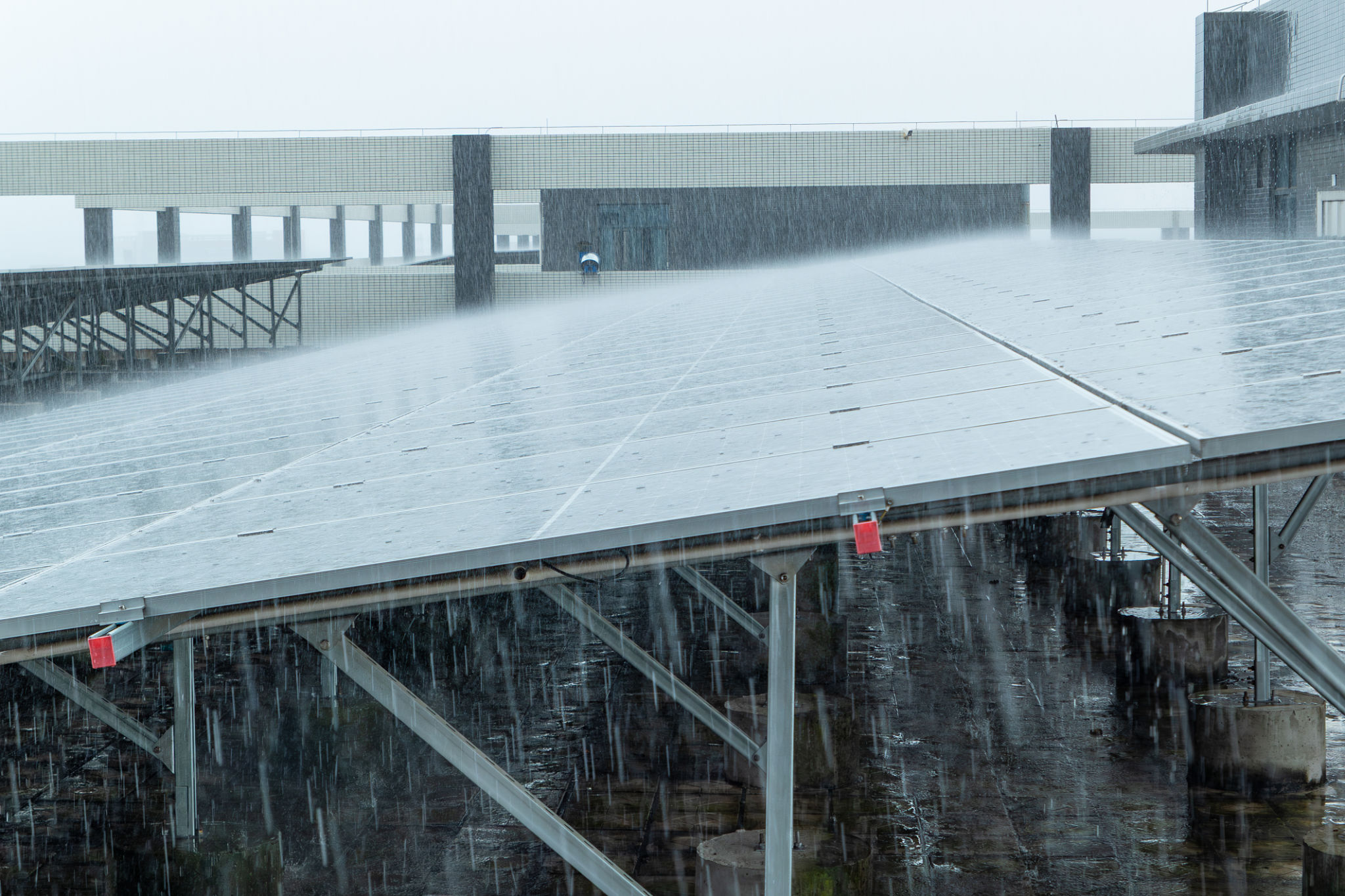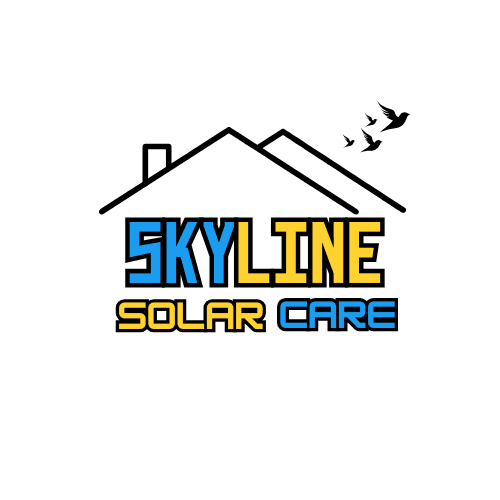The Impact of Florida's Weather on Solar Panel Performance and Maintenance
Understanding Florida's Unique Weather Conditions
Florida is renowned for its sunny climate, making it an ideal location for solar energy production. However, the state's weather is not just about sunshine; it also includes heavy rainfall, high humidity, and hurricane seasons that can impact solar panel performance and maintenance. Understanding these weather conditions is crucial for maximizing the efficiency and longevity of solar panel systems in Florida.

The Effect of Sunshine on Solar Performance
The abundant sunshine in Florida is a significant advantage for solar panel owners. The state receives an average of 237 sunny days per year, which ensures consistent energy production. This high level of sunlight exposure allows solar panels to operate at optimal levels, providing significant energy savings and reducing reliance on conventional power sources.
However, it is essential to note that excessive heat can affect the efficiency of solar panels. High temperatures can lead to a decrease in voltage output. To mitigate this, it's important to install panels with adequate ventilation and cooling systems to ensure they operate efficiently even during peak temperatures.
Impact of Rain and Humidity
While rain might seem like a hindrance to solar energy production, it can actually have beneficial effects. Rain helps to naturally clean the panels, removing dust and debris that can accumulate over time and hinder performance. However, Florida's high humidity can pose challenges, as it may contribute to corrosion and deterioration of panel materials over time.

Regular maintenance and inspections are essential to address these issues. Ensuring that all components are weather-resistant and using appropriate anti-corrosive materials can help extend the lifespan of solar panels in humid environments.
Preparing for Hurricane Season
One of the most significant challenges for solar panel systems in Florida is the hurricane season, which runs from June to November. Hurricanes can cause severe damage to solar installations due to high winds and flying debris. It is crucial for solar panel owners to have a plan in place to secure their systems when a hurricane is approaching.
Some protective measures include:
- Ensuring panels are securely mounted with hurricane-rated brackets.
- Trimming nearby trees to prevent branches from damaging panels.
- Having a professional inspection before and after hurricane season.

Maintenance Tips for Solar Panels in Florida
To maintain optimal performance, regular cleaning and inspections are recommended. This includes checking for any signs of wear or damage and ensuring that the panels are free from obstructions such as leaves or bird droppings. Implementing a regular maintenance schedule can help identify potential issues early and prevent costly repairs.
Furthermore, investing in monitoring systems can provide real-time data on energy production and alert owners to any anomalies in performance. These systems can be particularly useful in identifying issues caused by weather-related factors.
The Future of Solar Energy in Florida
Despite the challenges posed by Florida's weather, the future of solar energy in the state looks promising. Advances in technology continue to improve the resilience and efficiency of solar panels, making them more adaptable to adverse weather conditions. With ongoing support from government incentives and increased awareness about renewable energy benefits, more Floridians are expected to adopt solar solutions in the coming years.

